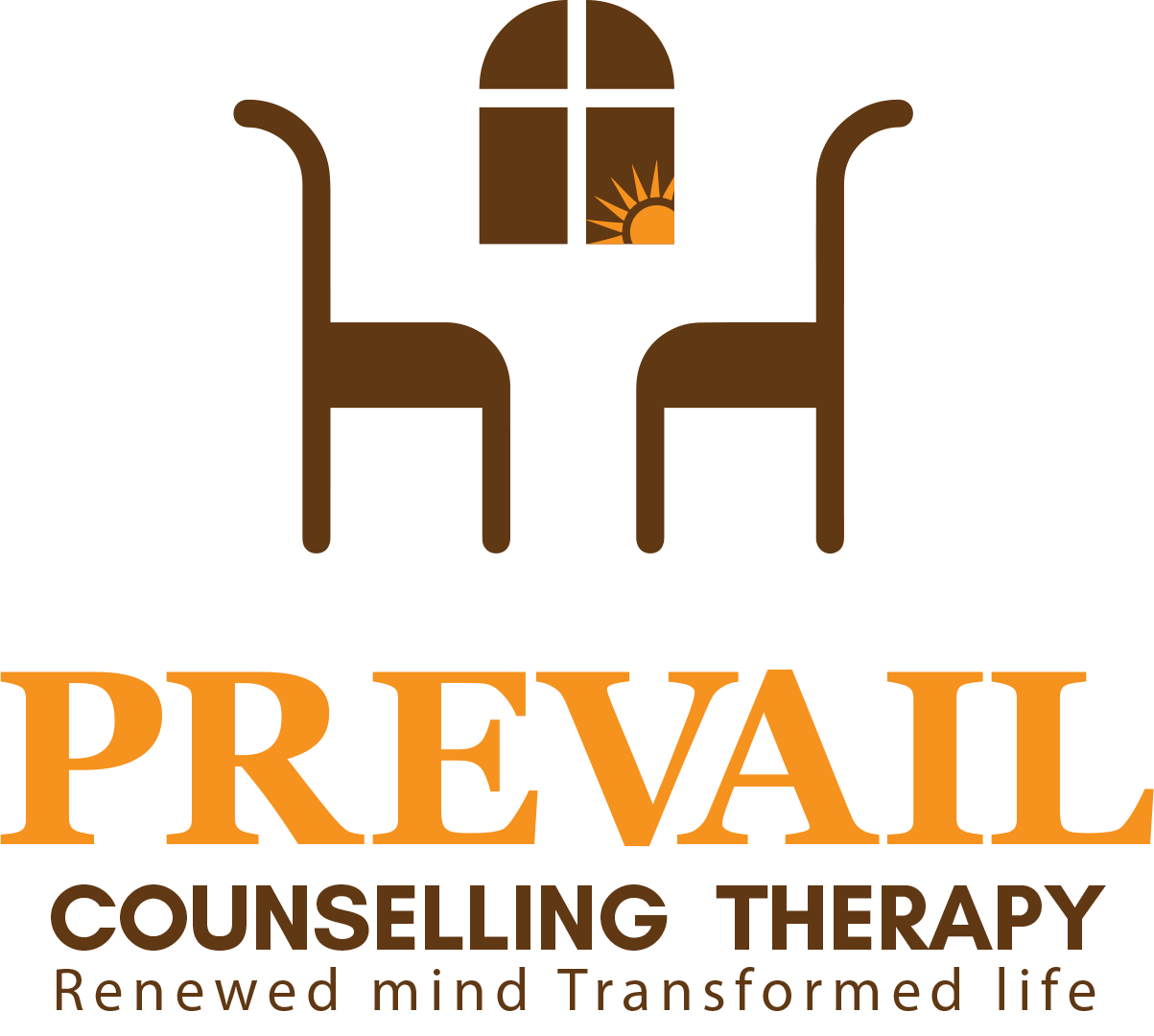Counselling and the issue of money

By: James Foley
Categories:
Counselling and the issue of money
Some people approach counselling with the fear that they can not afford it. They know they need help to unravel their issues that may even be endangering their life, while knowing money is a limiting factor. They fear being engaged in a very long process doing deep work they will not be able to leave safely so end up paying for a service they can no longer afford.
It is my belief that should never happen. Feeling you have to attend counselling should never be a source of stress in itself as it may prevent the client from properly engaging in the work. Through the relationship between the client and counsellor they find a way to make the financial side of the sessions work for both of them. Counselling needs to be value for money for both the client and the counsellor.
Basic principles regarding fees?
The relationship between clients, counsellors and money is complicated.
Here are some of the main principles involved:
- There are services that are available that are virtually free or extremely low cost, usually staffed by student or unaccredited counsellors. A client can therefore always afford counselling.
- Many counsellors are in debt after counselling training. Some counsellors may work for years before this money is recovered.
- Counselling is a professional service. By counsellors charging a reasonable fee they are respecting their own professional status.
- Clients by paying are recognising the professional status of the work. This enables them to value the work for themselves. Clients who pay a reasonable fee realise they have to work in the counselling room and apply what is learned in the real world so as to get value for the money they are paying.
- If the counselling is free or very cheap client’s may take advantage of the counsellor and just come to unwind and offload and not to any change related work at al. Such clients may have poor attendance as well.
- It is possible that counselling now could save you money later. Without counselling some may incur the cost of missed work, unneeded spending, relationship problems, medical costs etc. It has been said some people can not afford to avoid counselling.
- Apart from paying for the professional service the client is also paying for the counsellor’s rent of the room or the cost of maintenance if the counsellor owns the room. A counsellor also has mandatory ongoing education and registration costs.
Yes counselling can be expensive but then so can a meal out, indeed counselling maybe cheaper.
How can the cost of professional counselling be managed?
It is rightly said the relationship between the client and their counsellor is the founding stone of the counselling work. The client and counsellor should always feel open to discussing fees. If the client needs a reduced rate they should make that clear during the initial assessment. The counsellor should identify what their reduced rate policy is. With Prevail I have made it clear on the website what my reduced rate policy is. I restate it at the end of this blog.
While discounts are the usual way to manage client financial strain, The counsellor and client may decide to do a set number of sessions and agree on the workload for those sessions. Such short and thereby focused work can be very helpful. It is very much focused on the present realities and dealing with the problems that makes life hard. It is always possible that a client can return and do another area they need to work on or do a more broader work.
It is worth inquiring of your medical insurance if you have it, what cover they may be able to give for some counselling sessions. This is becoming increasingly common. If your issues are work based your employer might pass you on to their employee assist programmes. These are usually for about 6 sessions and are paid for by the employer.
The Counsellor and the need to earn money
The counsellor like anyone else needs to earn money to provide for themselves and their dependants. Most counsellors have a mix of sources of income. Working for public or private agencies is a regular activity for counsellors. Some counsellors teach formally in colleges, some teach informally in local seminars etc.
Doing private counselling work is still a source of income for all counsellors, indeed it it maybe needed to maintain their accreditation. The degree of financial dependence on private counselling differs from one client to another.
Counsellors should never make clinical decisions regarding their client work on the basis of need to earn a living. This is one of the reasons why counsellors should be critically self aware of themselves in their clinical work. Counsellor supervision is also a significant way of preventing this issue from interfering with the counselling relationship.
Fees and Prevail Counselling Therapy
At Prevail I believe in clients paying for their sessions for all the reasons I previously stated. I also believe in providing a discount rate to those who are unwaged. If an arrangement can not be made with the client around the fee we will look into suitable referral to other agencies.
I will do my best to accommodate clients who are waged while under extreme financial stress.
I engage regularly with my supervisor and practise critical self awareness to ensure my financial needs do not form part of my motivation in the work with the client.
Currently, as of June 2020, this is my fee structure:
For employed people €60. Between 10am to 5pm, the fee is €50. The initial session fee for a waged adult is €30.
For an unwaged person, with proof of the same, the all day fee is €30, and the initial session is €20.

